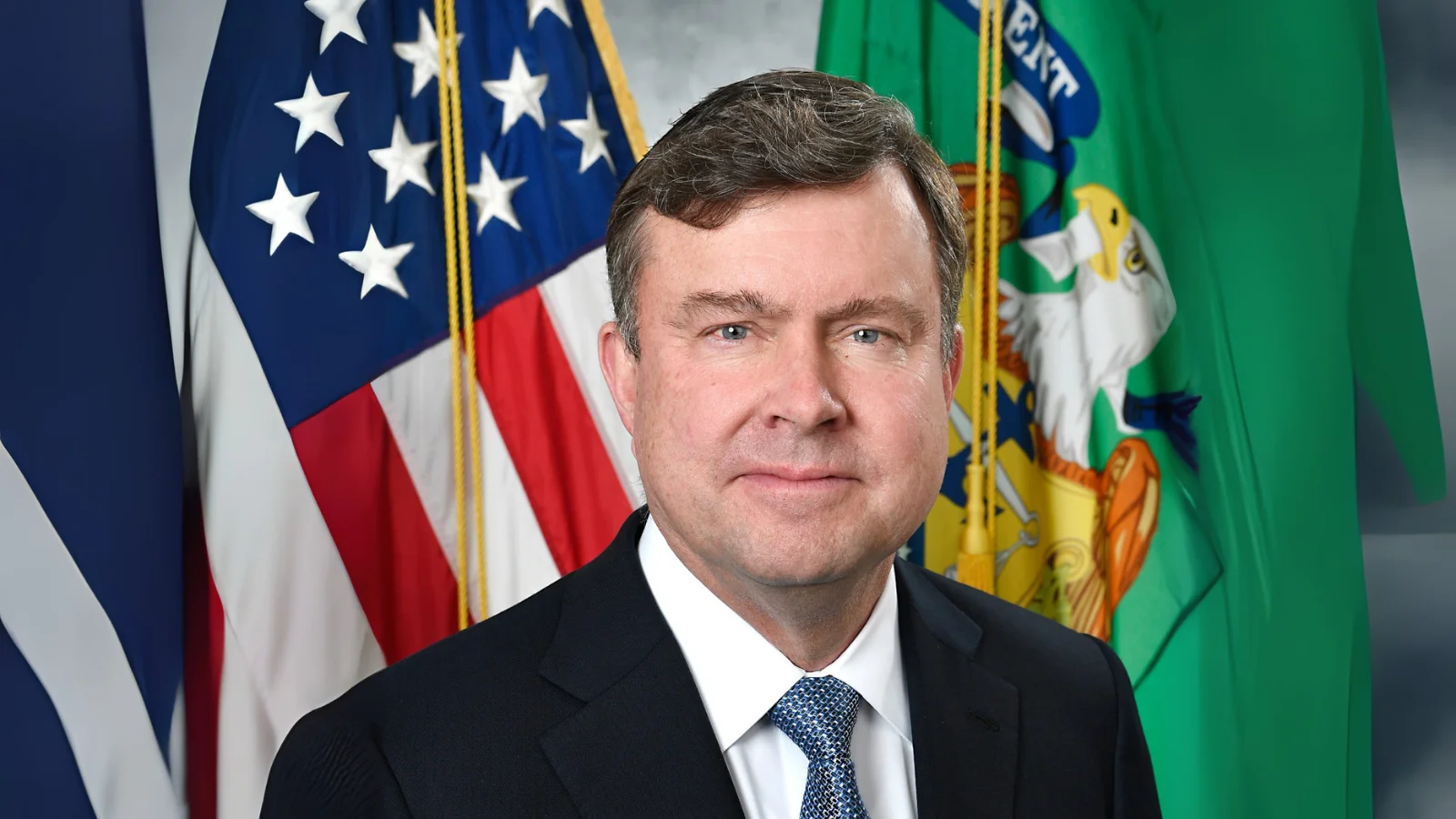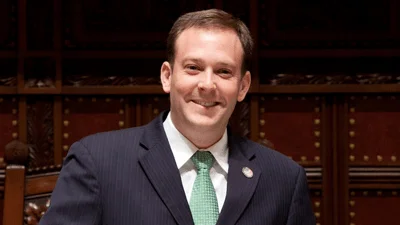John K. Hurley, Under Secretary for Terrorism and Financial Intelligence, addressed the Association of Certified Anti-Money Laundering Specialists Assembly Conference, highlighting his background in public service and recent transition to his Treasury role. Hurley described his early career in the U.S. Army and family ties to public service, noting: "And while I had a wonderful 30-year career building and running an investment business, I'm honored and very happy to again have the chance to serve."
He acknowledged the complexity of his new responsibilities at the Office of Terrorism and Financial Intelligence (TFI), emphasizing reliance on experienced staff such as Brad Smith, Andrea Gacki, Scott Rembrandt, and James Martinelli. Hurley stated: "But those of you here...understand when I say that the sentiment is anything but forma, and I'm really, really grateful to have them with me as we tackle these very complicated, important issues."
Hurley discussed efforts to modernize the Bank Secrecy Act (BSA), which aims to combat money laundering by requiring financial institutions to provide information through Suspicious Activity Reports (SARs) and Currency Transaction Reports (CTRs). He pointed out inefficiencies in current reporting processes: "Regulatory pressure has led to more and more of the not so useful SARs. Complexity is also a major problem." He noted that instructions for completing a SAR now total 170 pages.
He outlined a reform approach focused on law enforcement needs: "First, law enforcement and the national security establishment are the customers of our anti-money laundering/countering the financing of terrorism (AML/CFT) system...Second, AML/CFT programs should deliver better outcomes by providing those customers with the most useful information..." He stressed prioritizing resources for pressing threats.
Hurley said Treasury leadership under President Trump is committed to reforming both rules and examination systems: "To do that, we intend to replace subjective assessments of process with objective measures of output." He advocated measuring effectiveness by how well programs deliver what law enforcement requires.
Highlighting technology's role in improving compliance efforts, Hurley remarked: "When...a financial institution invests...to experiment with AI and successfully drops its false positive ratio...their team should be celebrated..." He called for clear guidance for examiners based on objective results.
A recent change mentioned was FinCEN's exemptive order allowing banks to collect taxpayer identification numbers from third-party sources instead of directly from customers—a move reflecting advances in identity verification since 2003.
Hurley addressed ongoing concerns such as administrative burdens related to continuing activity reviews after SAR filings: "That has become a significant administrative burden consuming resources without improving outcomes. We've heard you: This is not a good use of resources." He also noted there is no requirement for extensive documentation when deciding not to file a SAR.
He criticized excessive reporting on legitimate businesses as wasteful: "Even worse, when it leads the institution to make a business decision to debank these customers, it is both unfair and economically destructive."
Hurley called on industry professionals for input on performance indicators and incentives that could encourage innovation without compromising oversight or outcomes. He asked: "How do we modernize the system so that doing the right things that help protect our nation and our communities is also financially the smart thing for your shareholders?"
Concluding his remarks, Hurley thanked attendees for their work against illicit finance: "Together, I hope we can turn frustration into reform..."





